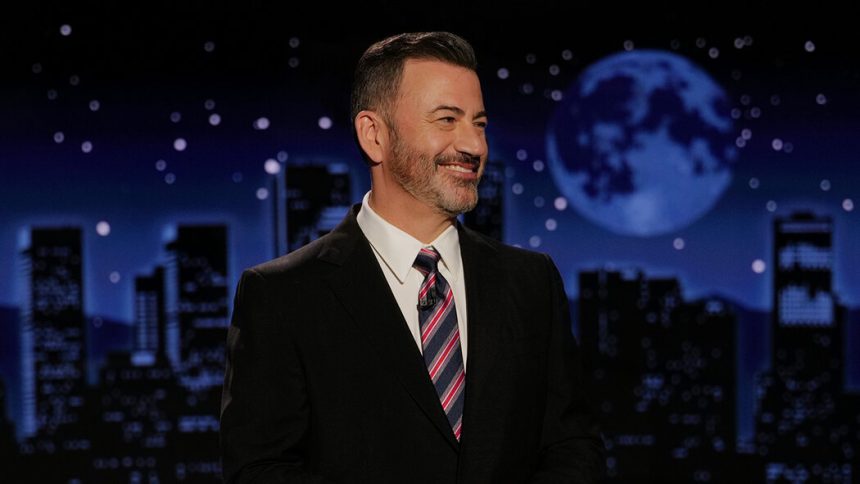A Host’s Return With Fire
Jimmy Kimmel has made a bold re-entry to late night TV, resuming Jimmy Kimmel Live! after a weeklong suspension, and starting off by directly confronting the political forces that pressured his removal. His return wasn’t quiet or conciliatory — he used it as a platform to push back hard.
In his opening monologue, Kimmel called efforts to silence comedians “anti-American,” accused critics of trying to bully networks, and framed his suspension as part of a broader assault on dissent and satire.
What Sparked the Clash
The tension between Kimmel and President Donald Trump has been boiling for years, but it recently escalated after Kimmel’s remarks about the death of conservative activist Charlie Kirk. He suggested certain factions were trying to spin the narrative politically — comments that drew sharp rebuke from Trump, his supporters, and FCC Chair Brendan Carr, who threatened regulatory action.
ABC, owned by Disney, responded by suspending the show from September 17 to September 22, citing concerns about the timing and tone of the comments.
During the suspension period, broadcasters Nexstar and Sinclair — which own many ABC-affiliated local stations — refused to air Kimmel’s show, citing “insensitive” statements.
The Return: No Retreat, Only Advance
When Kimmel returned on September 23, he didn’t walk quietly back onto the stage. He:
- Thanked unlikely defenders — naming conservative voices like Ben Shapiro and Ted Cruz who defended his right to speak, despite political differences.
- Called out Trump and allies — accusing them of seeking to silence comedians and turning criticism into a legal or license threat.
- Dubbed the showdown bigger than himself — framing the issue as symptomatic of a broader push by political power to retreat from criticism and satire.
However, the show hasn’t regained full reach: Nexstar and Sinclair stations continue to preempt its broadcast in many markets, making his platform more fractured.
What’s at Stake
- Free Speech & Comedy: Many see this as more than a late night spat — if the pressure to punish entertainers for political jabs succeeds, it may chill satire and dissent.
- Media Politics: With the FCC and broadcasters involved, the line between editorial decision and political coercion is under scrutiny.
- Trump’s Media Strategy: Trump has long expressed antagonism toward late night hosts who mock him. This confrontation underscores his broader battle with media outlets he views as hostile.
- Audience Reach vs. Platform Fragmentation: Even as Kimmel speaks louder, more networks are dropping him — meaning that while his voice is strong, its reach may be diminished in key local markets.











